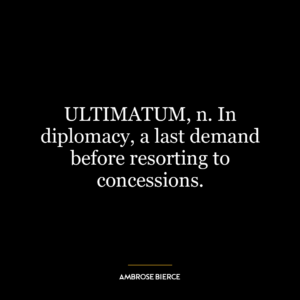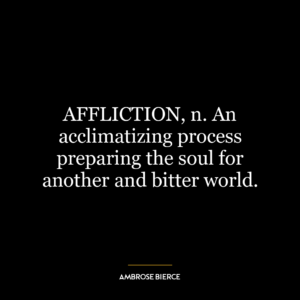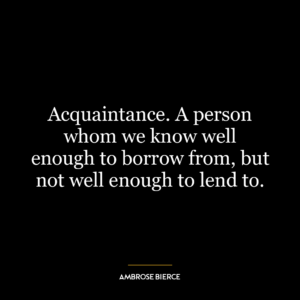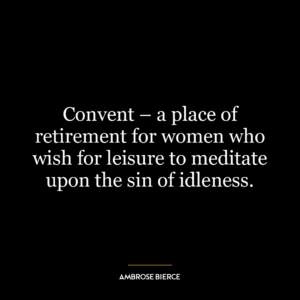Women in love are less ashamed than men. They have less to be ashamed of.
This quote suggests that women in love experience less shame than men, possibly because they are less likely to be judged for expressing their emotions. It also implies that women have fewer reasons to feel ashamed when they are in love, perhaps because society often expects and accepts emotional vulnerability from women more than men.
The quote seems to be a commentary on societal gender norms and expectations. It points to the idea that men, traditionally, are expected to be stoic, unemotional, and strong. When men fall in love, these norms are often challenged as love requires vulnerability, emotionality, and sometimes, perceived weakness, which can lead to feelings of shame. On the other hand, women are generally encouraged to be open with their emotions, making the transition into love less jarring and thus, less shameful.
In today’s world, this idea still holds relevance. Despite progress towards gender equality, these societal expectations for men and women persist. Men are often still shamed for showing emotion, while women are usually encouraged to do so. This can lead to men feeling ashamed when they fall in love, while women do not experience the same level of shame.
In terms of personal development, this quote can serve as a reminder to challenge societal norms and expectations. It encourages individuals, particularly men, to embrace their emotions, even if they contradict traditional notions of masculinity. By doing so, they can experience love more fully and without shame. For women, it underlines the importance of recognizing their privilege in this aspect, and the need to support men in expressing their emotions without judgment.















